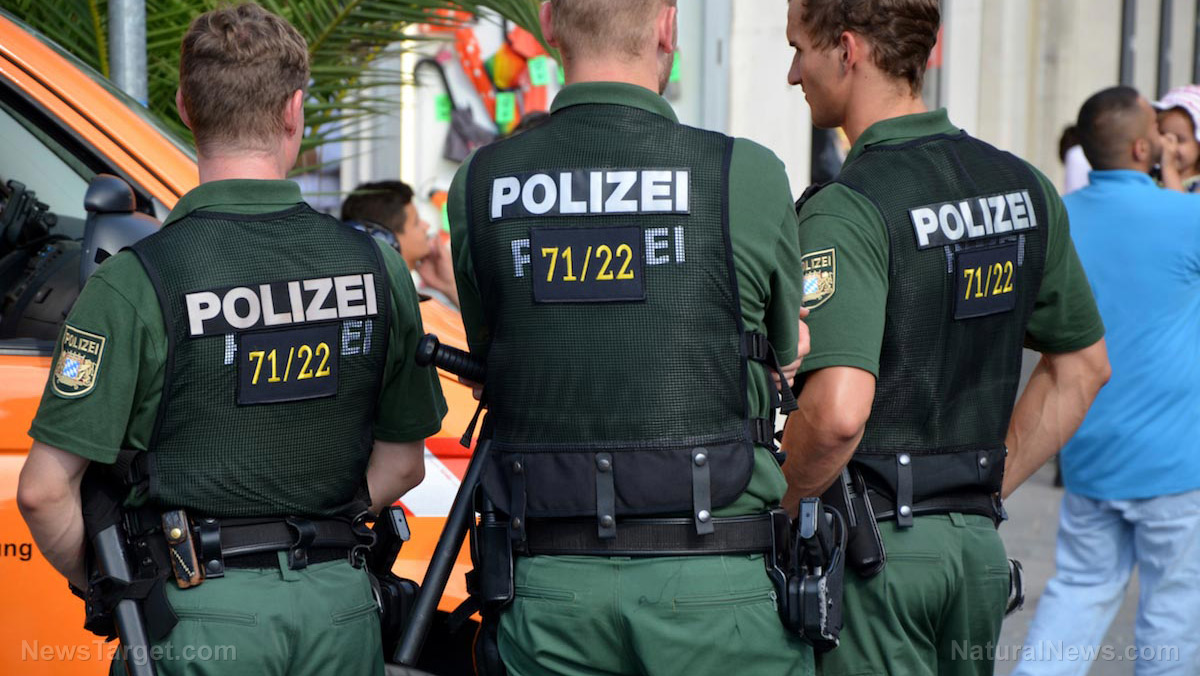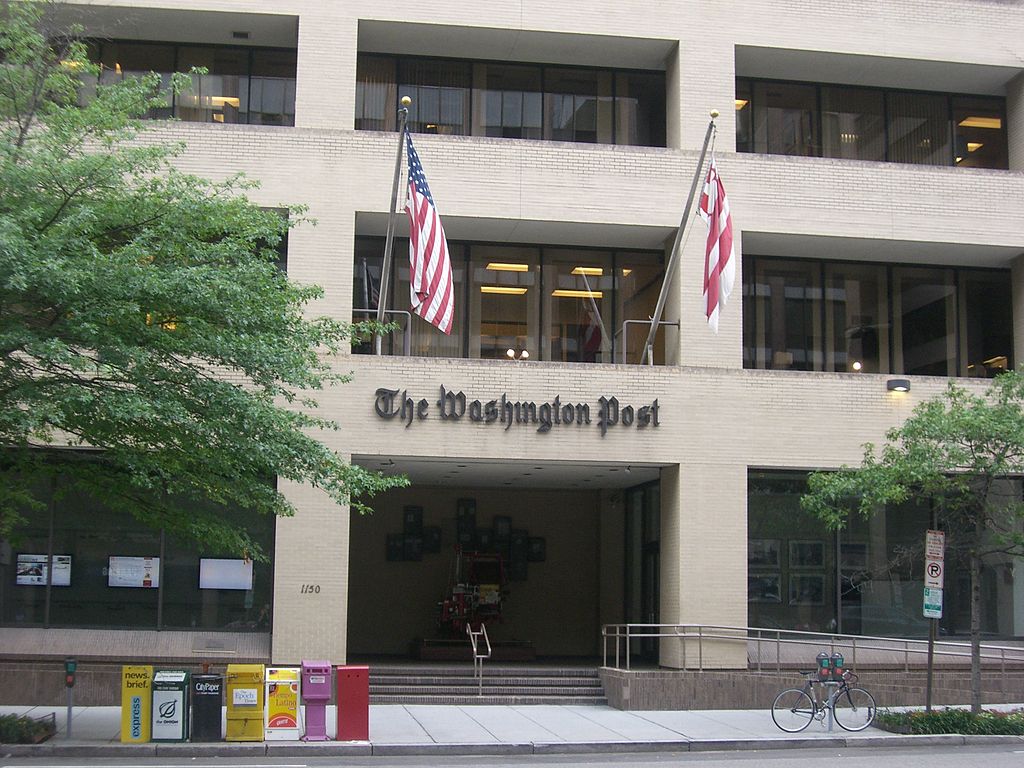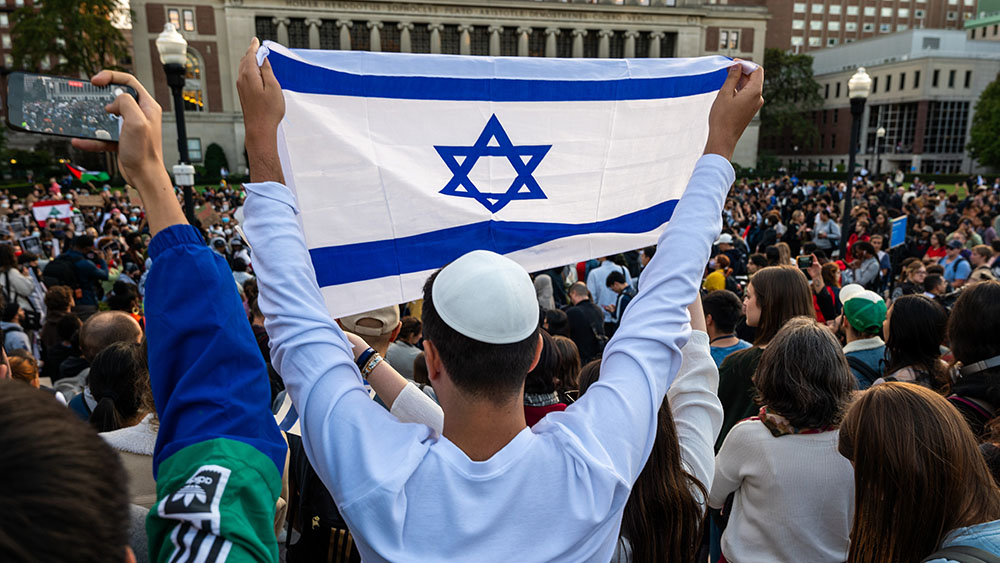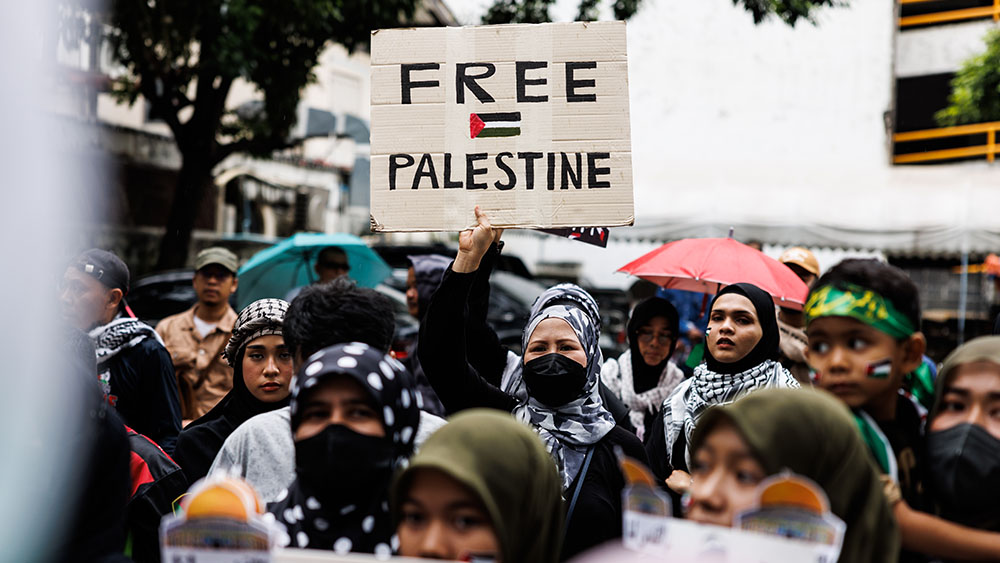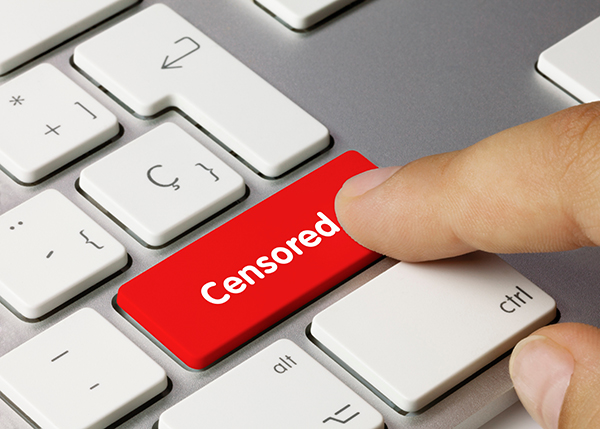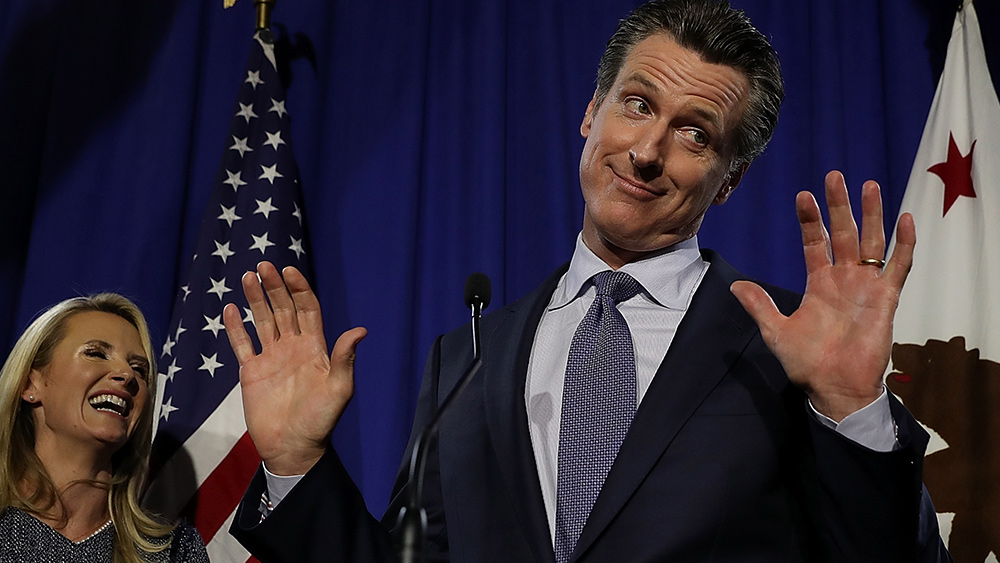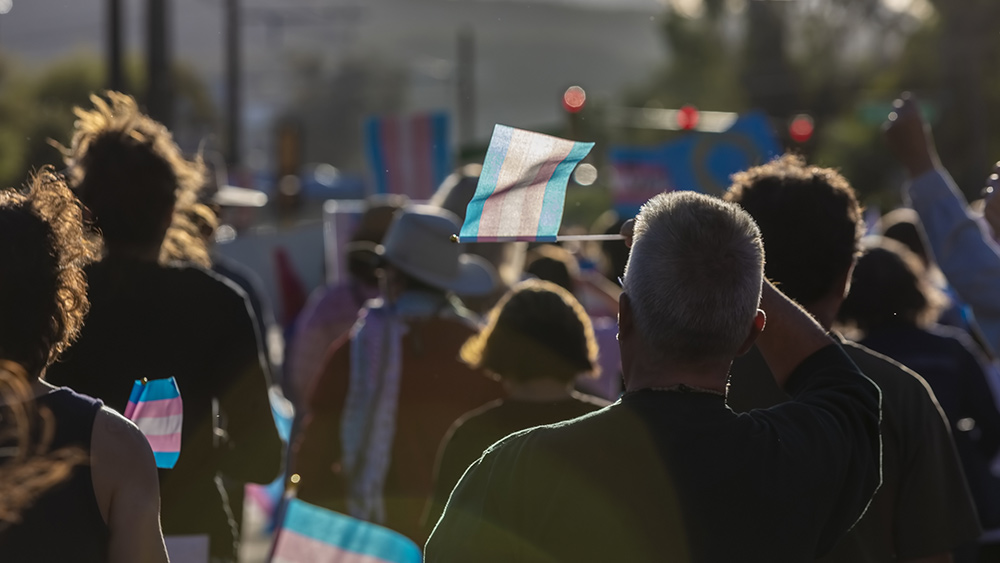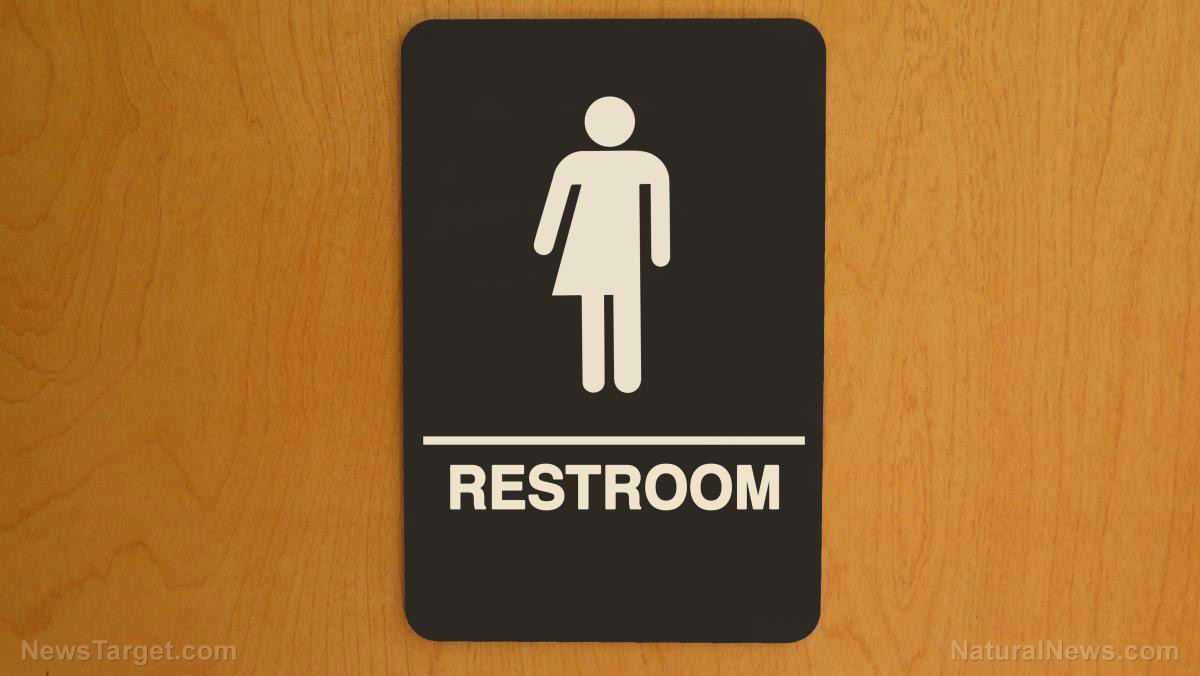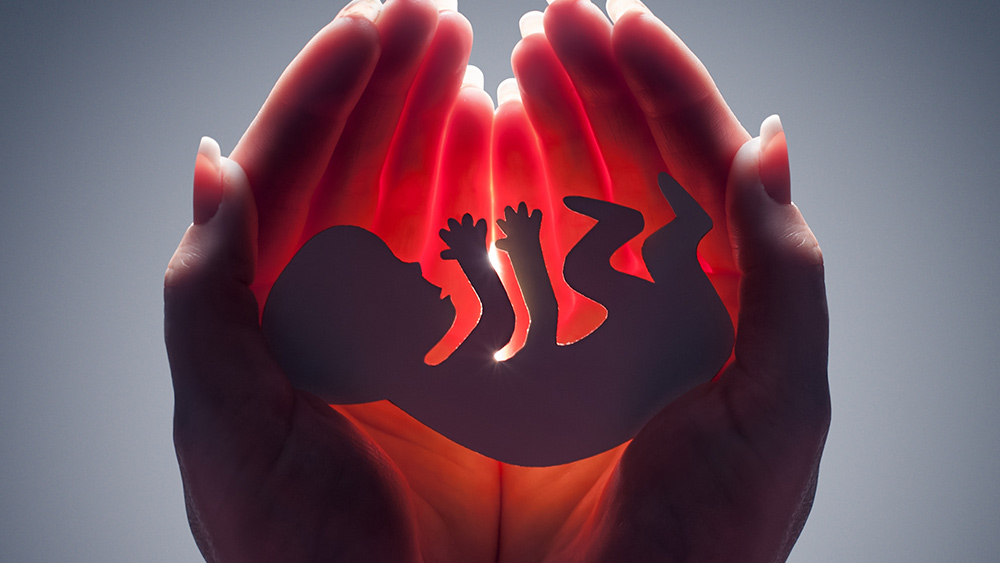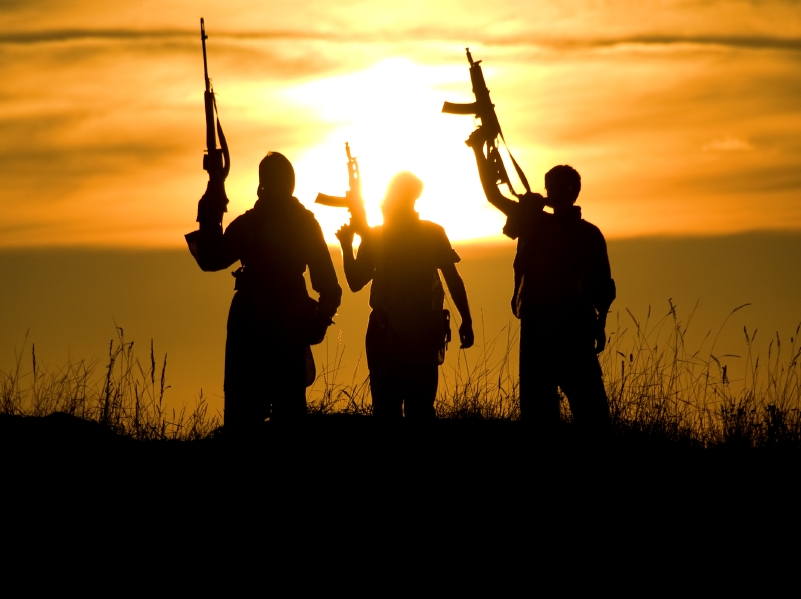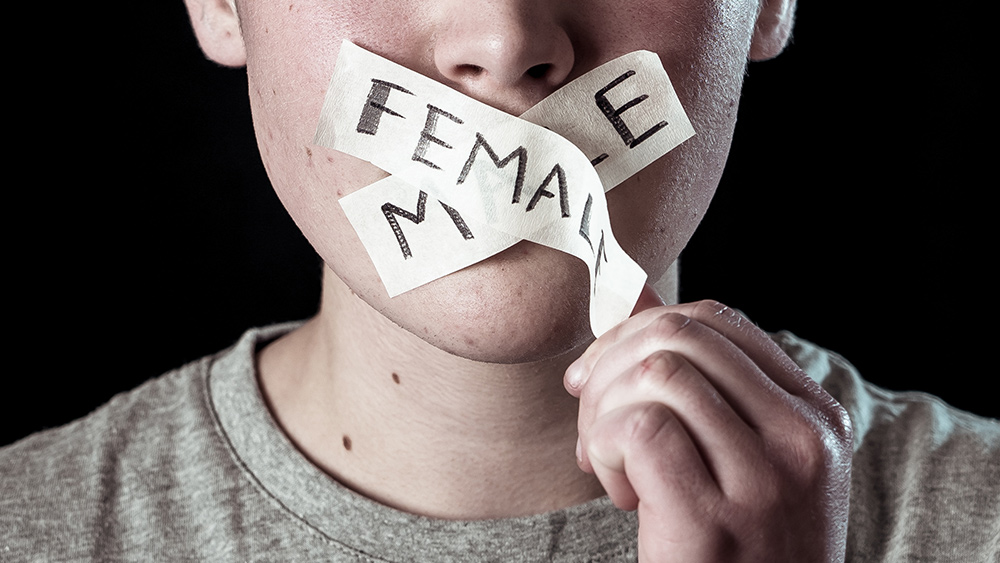Study: 81% of U.S.-based Middle East scholars admit they self-censor their anti-Israel views
12/18/2023 / By Belle Carter
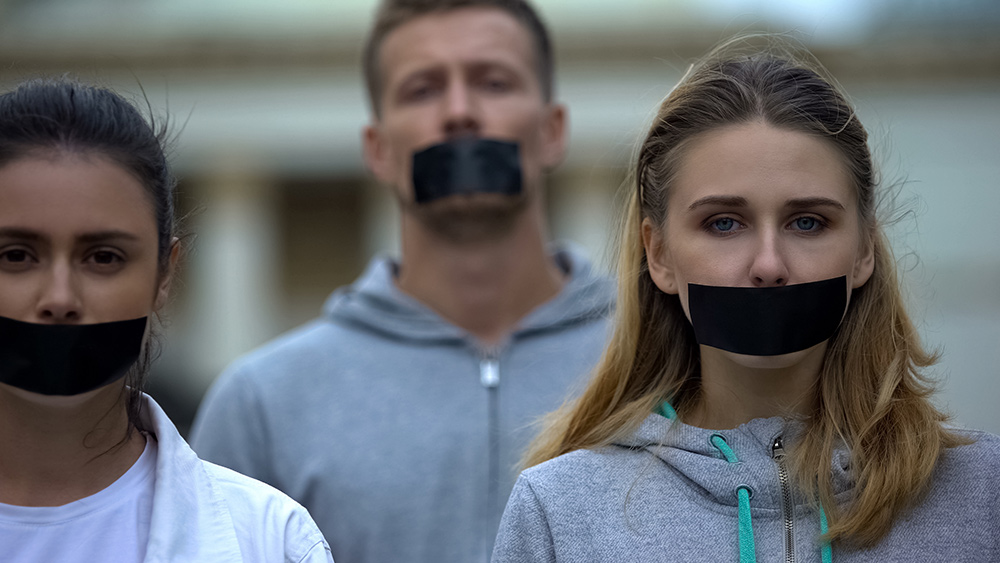
In a recent poll conducted among United States-based Middle East academics, 81 percent admitted to self-censoring their criticism of Israel since the beginning of the conflict between the country and the militant group Hamas on Oct. 7.
The Middle East Scholar Barometer survey, which was a joint project of the University of Maryland (UMD) Critical Issues Poll and the Project on Middle East Political Science at George Washington University (GW) found that among those who have chosen to self-censor, only 11 percent have withheld their criticism of Palestinians. As per the respondents, they did their self-censorship because they were concerned about campus culture. They thought that they may offend other students and they were also worried about pressure from external advocacy groups.
Seventy-two percent of the respondents to the poll, which was conducted between 10 November and 17 November and interviewed 936 participants, said they felt a “greater direct or indirect need to self-censor.” Most of the scholars also said anti-Muslim and anti-Palestinian sentiments were much more prevalent on their campuses than anti-Jewish and anti-Israel sentiments. Fifty percent said anti-Palestinian sentiments were prevalent on their campuses, while 36 percent said anti-Israeli sentiments were. A smaller portion, which was 18 percent, said antisemitism was prevalent on campus, while 41 percent said anti-Muslim sentiments were.
“The policing of campus discourse around the Israeli-Palestinian conflict is nothing new, of course. There is a long history of external groups such as Campus Watch and Canary Mission mobilizing pressure on allegedly anti-Israeli professors,” UMD’s Shibley Telhami and GW’s Marc Lynch wrote in the Chronicle of Higher Education. “But, according to the scholars surveyed, things have worsened significantly since Oct. 7.” The said survey was run amid the surge of pro-Palestinian mobilizations on university campuses in the U.S. since Hamas and other Palestinian armed groups launched a surprise attack on Israel, killing 1,200 Israelis and foreign nationals and taking at least 240 people hostages.
Meanwhile, there have been several widely reported cases where professors were suspended for comments made during classes or on social media, including cases at the Universities of Arizona and Southern California, and at Stanford and Syracuse Universities. The director of the University of Pennsylvania‘s Middle East Center recently stepped down over the administration’s refusal to allow the screening of a film about Israel. Students at Harvard University and Columbia University (CU) have faced doxxing campaigns and reprisals for pro-Palestinian speech, while pro-Palestinian student groups have been suspended at Brandeis University, CU and GW.
Moreover, many Middle East experts reported being quietly sidelined or silenced by administrators, department chairs and other campus authorities. They described incident after incident of their scheduled talks being canceled or not being invited to speak at panels related to their professional expertise. They spoke of being instructed by their department chairs not to sign petitions or of being informally advised by superiors to keep quiet. (Related: New House resolution labels any criticism of Israel’s government policies as “antisemitism.”)
Journalists reporting the Israel-Hamas war are targeted
The academics’ fear of expressing their anti-Israel opinions may have a more worrying basis. The New York City-based non-profit Committee to Protect Journalists (CPJ) recently reported a growing number of journalists and correspondents being targeted while carrying out their work in Israel and the two Palestinian territories, Gaza and the West Bank. To date, they have reported 19 arrests, as well as numerous assaults, threats, cyberattacks and censorship. Not to mention the fact that several of them have also lost family members while covering the war.
According to Reuters and the Guardian, eight members of photojournalist Yasser Qudih’s family were killed when their house in southern Gaza was struck by four missiles in the middle of November. The incident occurred five days after a Nov. 8 report by HonestReporting, a group that monitors what it describes as “ideological prejudice” in media coverage of Israel, raised questions about Qudih and three other Gaza-based photographers having prior knowledge of Hamas’ Oct. 7 attack on Israel. The independent news outlet subsequently withdrew the accusations, but its report prompted the Israeli prime minister’s office to tweet that the photographers were accomplices in “crimes against humanity” and Israeli war cabinet member Benny Gantz to say they should be treated as terrorists. Qudih survived the attack.
On October 25, Al-Jazeera‘s bureau chief for Gaza Wael Al Dahdouh lost his wife, son, daughter and grandson when an Israel airstrike hit the Nuseirat refugee camp in the center of Gaza, according to a statement from the media website as well as another independent portal Politico.
CPJ is also investigating reports that dozens of media offices in Gaza were damaged, leaving many journalists with no safe place to do their jobs, as they also contend with extensive power and communications outages, food and water shortages, and sometimes have to flee with their families. In both Gaza and Israel, journalists reporting on the war have also indicated they lack personal protective equipment (PPE). “Journalists in Gaza are facing exponential risk,” said Sherif Mansour, CPJ’s Middle East and North Africa program coordinator. “But their colleagues in the West Bank and Israel are also facing unprecedented threats, assaults and intimidation to obstruct their vital work covering this conflict.”
Reporters from outlets including the BBC, Al-Jazeera, RT Arabic and Al-Araby TV have also reported obstructions to their reporting by the Israeli police, military and others since the war began.
Visit WWIII.news to read more stories on the escalating conflict between Israel and Palestine.
Sources for this article include:
Submit a correction >>
Tagged Under:
anti-Israel, antisemitism, big government, censorship, chaos, crimes against humanity, culture wars, free speech, genocide, Hamas, ideological prejudice, Israel, Israel-Palestine war, journalism, mainstream media, Middle East, Middle East Scholar Barometer, news outlets, poll, pro-Palestine, scholars, self-censoring, speech police, survey, thought police, violence
This article may contain statements that reflect the opinion of the author
RECENT NEWS & ARTICLES
COPYRIGHT © 2020 Culturewars.news
All content posted on this site is protected under Free Speech. Culturewars.news is not responsible for content written by contributing authors. The information on this site is provided for educational and entertainment purposes only. It is not intended as a substitute for professional advice of any kind. Culturewars.news assumes no responsibility for the use or misuse of this material. All trademarks, registered trademarks and service marks mentioned on this site are the property of their respective owners.

